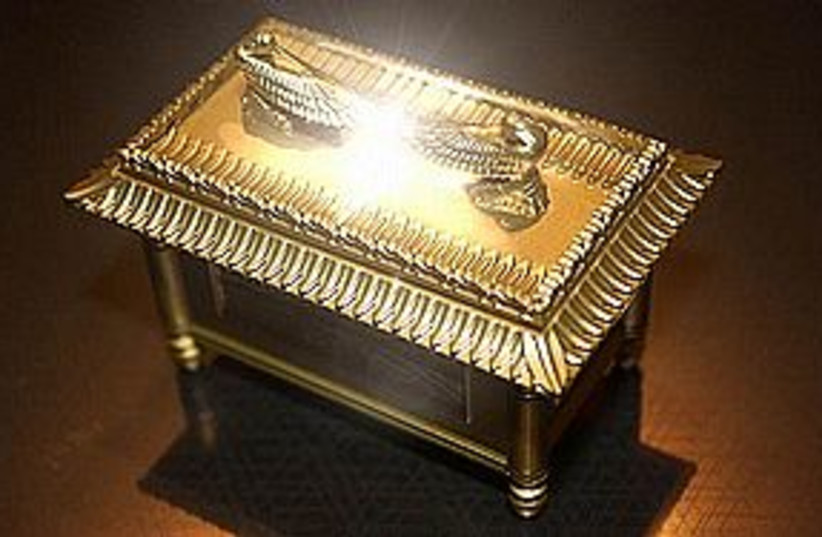Pain is complete. It is totalizing. When one is in pain, at least for a moment, nothing else exists.
The instant you stub your toe, if someone said, “The Messiah has come!” you might answer “Can’t you see I stubbed my toe?!” It takes a moment for the agony to abate, and then we can return to the world.
That is surely one reason why painful experiences tend to etch themselves in our memories and provide more learning and depth than experiences of joy. No one wishes for painful experiences, but since they will come nonetheless, well used, they can help us grow.
In Terumah, we read about the construction of the tabernacle. The innermost part of the tabernacle holds the luchot, the Ten Commandments. Yet there is more; the rabbis teach us that it held not only the intact tablets of the covenant, but the shattered tablets Moses broke on the mountain. One lesson they draw from this is that we should continue to honor a scholar who has lost his learning. Meditating further on the contents of the ark, we derive three related lessons:
The first is that the ark represents each of us. Each individual both fulfills and breaks commandments. We are the whole and the broken, the intact and the shattered. The experience of the ark moving through the desert is a symbol of our lives: how we take what is good and precious and smash it on the ground. At the same time, however, there is a whole set of tablets that knows what we have just done.

The contents of the ark represent us on a still deeper level. Everyone’s heart is both whole and broken, as the Kotzker Rebbe taught: “The only whole heart is a broken one.” We cannot live in this world, love, see its pain, lose those we love, and not have a broken heart. The tablets are incomplete without the broken tablets as our hearts are incomplete with brokenness. All of us are broken, not once, but over and over again. Sometimes we do not feel the fissures and cracks until later, but they exist.
Hearts are not sculptures but mosaics, bits of shattered glass through which the colors of the world are reflected. And like stained glass windows, you can see the joints, the places where they have been broken and connected, the bits of separation, the pangs of loss.
Accomplishment and attachment in this world are made poignant by the realization that things can break and fade and die – the recognition that each human being carries an aron hakodesh, a sacred ark, inside, just as our ancestors did through the desert.
The deepest level is that precisely through such brokenness we find our way to God. We seek shelemut, wholeness, by feeling the reality of our own brokenness. This was true for our ancestors as well. It was not until Moses smashed the tablets that he could bring down a second set and Israel could become a people of the covenant.
The brokenness was an essential part of finding God. When asked what constitutes a “true Jew” Rabbi Menachem Mendel of Vorki answered, “Upright kneeling, silent screaming and motionless dance.” In other words, broken wholeness. All the paradoxes of life put together – nothing is single or unitary in human life; that is the province of the Divine.
Broken and shattered in different ways at different times in our lives, we seek to reassemble ourselves, to forge from the colored bits of glass a coherent picture.
Each time we reach out, we take the chance of being broken. “In love’s service,” wrote American novelist Thornton Wilder, “only the wounded soldiers can serve.”
Both the whole and broken tablets had to be together in the ark because that is our story as individuals, as a people, and as a world.
As Rabbi Alexandri in the Talmud taught: “Human beings are ashamed when they use broken vessels, but God seeks out broken vessels. As it is said ‘God is the healer of shattered hearts’” (Leviticus Rabbah 7:2). ■
The writer is Max Webb senior rabbi of Sinai Temple in Los Angeles and author of David: The Divided Heart. On Twitter @rabbiwolpe
